5 key questions to ask when choosing an international school With so many options out there, as a parent, it’s easy to feel confused about which school to send your child to. An experienced school leader and parent of five, Ethan Hildreth, outlines five questions every parent should ask themselves when choosing an international school for their child.

With so many options out there, as a parent, it’s easy to feel confused about which school to send your child to. An experienced school leader and parent of five, Ethan Hildreth, outlines five questions every parent should ask themselves when choosing an international school for their child.
1. What style of teaching suits my child most?
Educational growth of your child comes from teaching styles which encourage good habits, great books, and guided discovery. For example, teachers should ask students ‘why?’ and guide the child on a journey of discovery.
2. How does the school extend learning beyond the classroom?
Parents should look for meaningful outreach opportunities, like travel abroad. It is important that International schools provide a range of languages, arts studies, co-curricular activities, and opportunities such as internships or work-based learning. Plus, practical life skills such as gardening, cooking, and speaking opportunities help to set your child up for life.
3. What literary reading is required for students?
Meaningful, high-quality reading material ideally forms the backbone of the curriculum. Students should be inspired by what they read, from the greatest minds from around the world and throughout history.
4. How are fine arts and STEAM integrated within the curriculum?
Look for a school which takes a holistic approach to learning. A school which encourages their students to enrich their lives and learning through the study of music, art, poetry, and drama, as well as expansive studies in the maths and sciences. At Nord Anglia, our collaborations with Julliard and MIT offer examples of this ideal.
5. How are play and exploration incorporated in learning?
Marie Montessori recognised that “Play is the work of the child.” It’s really important for your school of choice to encourage play and nurture creativity in your child. As a parent, you should ensure ample time is allowed for reflection, games, and free-play as well as other open-ended learning environments such as STEAM, art and nature space.










